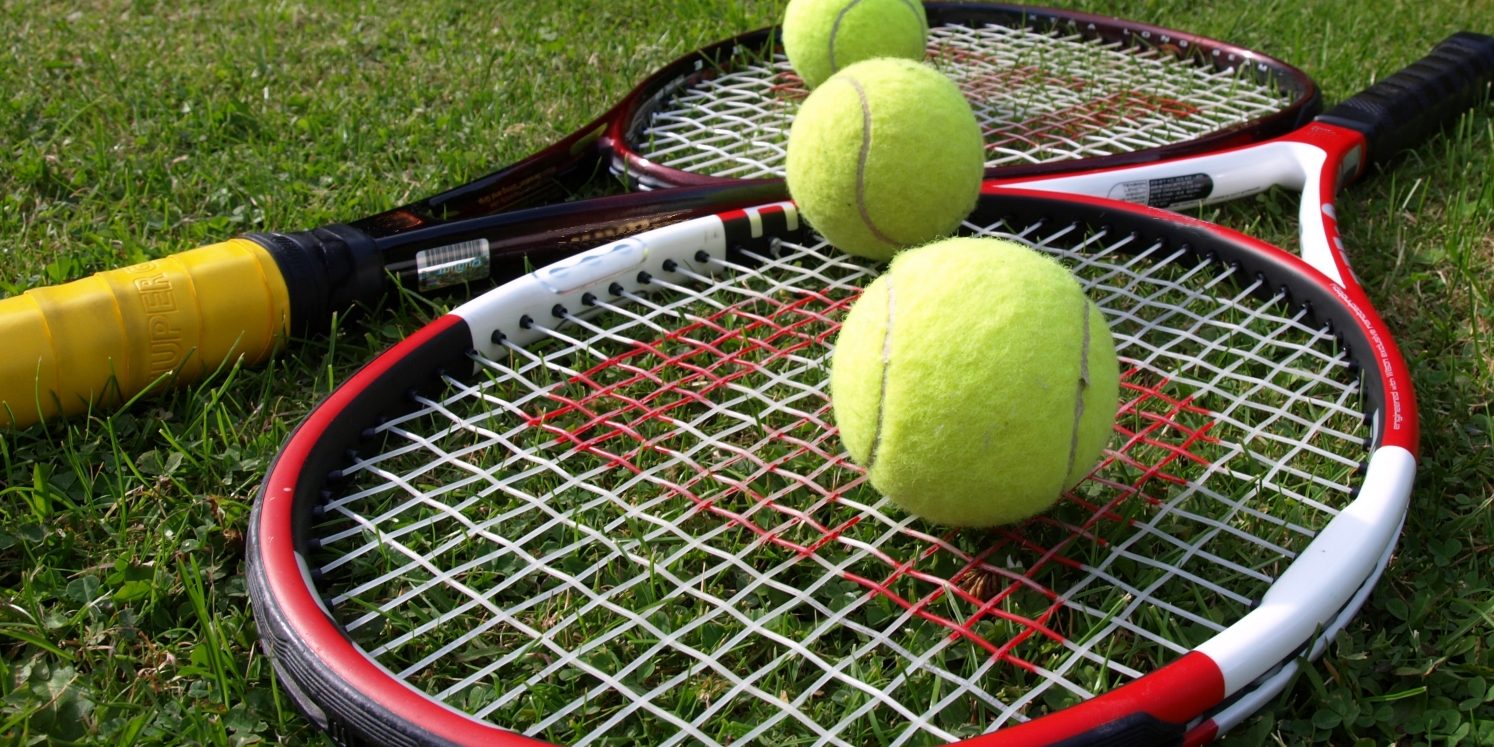He doesn’t need to smile – he just needs to win…
Charlie Brooker can take it from here….
Congratulations to Andy Murray, who either did or didn’t win Wimbledon this afternoon. Since I’m writing this almost immediately before the match itself kicks off, I’ve got no way of knowing what the outcome was. Is. Will be. Whatever.
I think I can safely predict one thing, though: whatever happens, win or lose, in the post-game interview, he won’t do a double thumbs-up, gurn joyously down the lens, waggle his tongue around like Gazza, then moonwalk off, waving, grinning, and making comedy trombone noises. That’s not the Andy Murray we know and sort of love.
People say Murray’s miserable because he doesn’t smile very often. He’s not miserable. He’s normal. Have you walked down a street recently? Any street in the country? Go on, pick one. Take a stroll. Bring a notepad. Make a note each time you spot someone walking around beaming like they just taught their dog to shit money. Chances are you’ll cross six postcodes before you glimpse so much as a smirk. Which isn’t to say people are inherently unhappy. Just that they’ve got better things to do with their faces than walking around bending their mouths up like idiots.
The people who want Murray to smile are the same ones who try to make me dance at weddings. They want the world to conspicuously enjoy itself in a manner of their choosing, and they turn vaguely sanctimonious when they encounter pockets of resistance, as though their definition of fun is the only one that matters.
So Murray isn’t going to win the Merryville Festival of Grins any time soon. What difference does it make to you, you needy pricks? Can’t he just play tennis without having to turn around after each point and pull a happy face just for you, like he’s your dad watering plants in the garden and you’re a toddler watching him through the kitchen window? What do you want, a tennis champion or Mister Tumble? Make your mind up, because you’re not getting both.
Perhaps part of the confusion is that despite being very much in the public eye, Murray refuses to play along with the patronising emotionalism demanded by the media, where sporting stars are expected to put on showy displays of “passion” that look good in a highlights package at the end of the show. If you’re not a natural cartwheels-of-victory type, it must be a pain in the arse to know everyone’s expectantly gauging your reaction. You know how when you’re opening a birthday present in front of a crowd, all your brain can do is scream: “FOR GOD’S SAKE LOOK DELIGHTED!” at you? Multiply that by ten million. I’d say Murray’s ability to ignore this pressure is almost more impressive than his racquet skills.
Moments after beating Jo-Wilfried Tsonga in the semi-final, Murray was interviewed by the BBC’s Garry Richardson, who found himself repeatedly trying to squeeze some kind of rousing sentiment from a man intent on describing the game in technical terms, like a straight-faced IT consultant explaining how he fixed a problem with the server.
After trying and failing to get him to describe the match as a rollercoaster of emotions, Richardson brought up Murray’s mum and dad, who’d been sitting in the audience. “What can it possibly have been like, Andy, for your parents watching there?” he asked, presumably hoping to prompt a moment of choked-up pride. Murray handed him a cold stone in return.
“I’ve no idea,” he replied, deadpan. “I’m not really that bothered. It’s a lot harder for me, that’s for sure.” And there was a glimmer of a dark smirk at the end, the kind that doesn’t register in a world in which all emotions must be expressible as emoticons and interior happiness is required to be rendered visible from a range of 200 metres.
That’s precisely the kind of sporting hero we need. One who’s allergic to bullshit and treats the whole thing like a job that rather than a tear-jerked spiritual calling. He seems to want to ignore the media. Trouble is, he’s so bloody good at tennis, the media can’t ignore him. But like a bluebottle repeatedly bashing its face against a windowpane, it continually tries and fails to turn him into yet another easily digested celebrity. “Celebrity” is increasingly the only role the media can process, yet it’s a role in which Murray looks about as comfortable as a dog on rollerblades.
In the run-up to the Wimbledon final (which, at the risk of repeating myself, hasn’t happened at the time of writing), press and broadcasters alike routinely described Murray as some kind of symbolic vessel containing all British hope. All our dreams, all our aspirations – all on his shoulders, apparently. Poor fucker.
The strong implication was that if he won, it’d solve all our national neuroses at a stroke: like England won Euro 2012, like Barclays behaved, like Diana never died. We’d be commanded to stand outside collectively waving union flags as though trying to attract the attention of some huge intergalactic queen bee hovering somewhere above the atmosphere. But if, on the other hand, he lost we’d either tut and say it’s typical – because we’re allowed to be grouchy, but the people we pointlessly entrust with our sense of national self-worth aren’t – or, more likely, be expected to sit soggy-eyed watching a slow-motion montage of his disappointed face, cut to something mournful-but-unthreatening with a hint of Coldplay about it. Because if he won’t supply the emotion, goddamit, we’ll make the soundtrack do it on his behalf.
guardian.co.uk © Guardian News & Media Limited 2010
Published via the Guardian News Feed plugin for WordPress.










